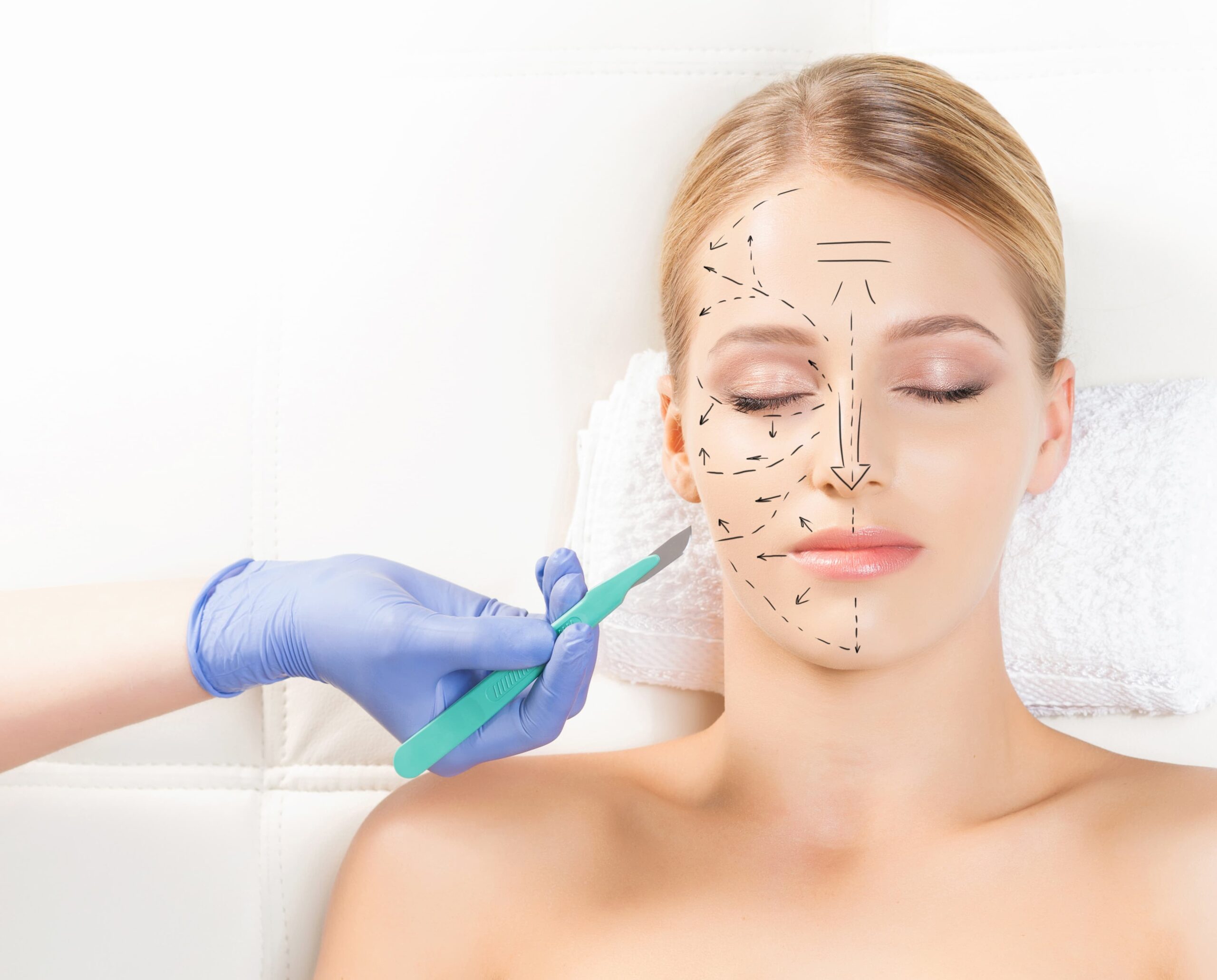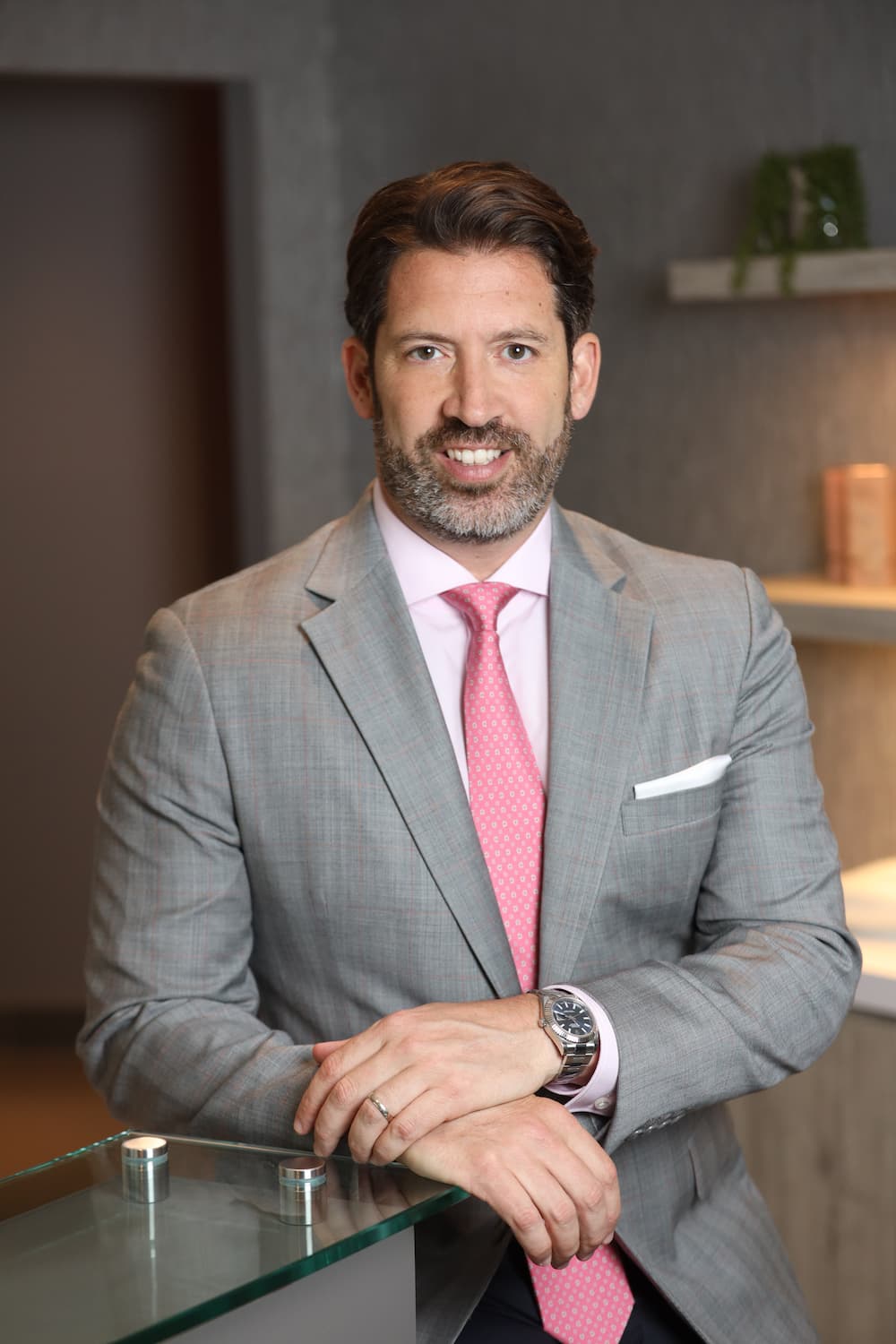Checking Out the Mental and Social Elements That Drive People to Consider Aesthetic Surgical Procedure as a Way of Improvement
The choice to go after cosmetic surgical treatment typically extends past mere aesthetic appeals, intertwining with social and emotional characteristics that merit complete assessment. Elements such as self-worth, pervasive social beauty requirements, and the pervasive impact of social media converge to form specific motivations for surgical improvement.
The Duty of Self-Esteem
Self-confidence significantly influences an individual's choice to seek cosmetic surgical treatment. People with reduced self-worth frequently view themselves in an adverse light, leading to feelings of insufficiency concerning their physical look. This adverse self-perception can drive them to seek surgical treatments as an approach of enhancing their self-image. The wish for improvement in one's appearance is often connected to a belief that such modifications will raise their general self-regard and self-confidence.

Ultimately, the role of self-esteem in the decision-making procedure pertaining to cosmetic surgical procedure highlights the intricate interaction in between body photo, personal fulfillment, and mental health and wellness. Understanding this relationship is crucial for medical care specialists to make sure that individuals are making notified decisions rooted in practical assumptions and psychological well-being.
Social Elegance Specifications
Influenced by pervasive media representations and social narratives, societal elegance requirements play a vital function in forming individuals' perceptions of their own bodies. These criteria are often defined by an idealized kind of appeal that stresses characteristics such as youthfulness, slimness, and proportion. As these perfects are continued via different networks, including advertising and marketing, film, and tv, people regularly internalize these messages, causing dissatisfaction with their all-natural appearance.
The implications of these social standards expand past visual preferences; they can impact self-esteem, psychological wellness, and interpersonal connections. People that perceive themselves as disappointing these standards may experience sensations of inadequacy, motivating a desire for plastic surgery as a way of accomplishing societal approval. This search is commonly fueled by the idea that adapting these perfects will improve not just physical look however also social standing and personal satisfaction.

Influence of Social Media Site
The impact of societal appeal criteria is further enhanced by the increase of social media sites systems, where curated images and idealized depictions of beauty are ubiquitous. Individuals are constantly subjected to filtered and modified photos, which commonly show unattainable physical characteristics. This exposure grows a society of comparison, leading individuals to assess their very own look against these typically impractical benchmarks.
Social media site influencers and celebrities often promote aesthetic treatments, normalizing the concept that surgical improvements are a feasible methods for attaining societal suitables (plastic surgery rancho cucamonga). The presence of these enhancements can produce an assumption that undertaking cosmetic surgery is a basic practice, consequently influencing individuals to take into consideration comparable interventions as a pathway to improved self-worth and social approval
Furthermore, the interactive nature of social networks allows for immediate responses with likes and remarks, better enhancing the desire to adhere to prominent appeal requirements. Such interactions can exacerbate feelings of inadequacy and drive individuals toward plastic surgery as a way of getting recognition. Eventually, social networks plays an essential function fit understandings of charm, which dramatically impacts the decision-making processes surrounding plastic surgery.

Cultural Point Of Views on Appearance
Throughout different cultures, assumptions of look are deeply rooted in historical, social, and financial contexts, shaping individuals' sights on elegance and worth. In lots of societies, appearance works as a substantial pen of identity, affecting social standing, specialist chances, and personal partnerships. For example, in some cultures, light skin is often linked with riches and opportunity, while others may idealize darker complexion as signs of strength and credibility.
Additionally, standard appeal standards are frequently bolstered through cultural narratives, media representations, and family members influences, bring about varying ideals across different areas (plastic surgery rancho cucamonga). In Western cultures, the focus on young people and physical conditioning often drives individuals towards cosmetic enhancement, while in particular Eastern societies, more refined changes lined up with typical aesthetics may be liked
Globalization and the spreading of digital media have better complicated these dynamics, producing a hybridization of elegance ideals that goes beyond geographical borders. As like it individuals progressively browse these cultural narratives, the pressure to satisfy specific appearance criteria can bring about the desire for cosmetic surgical procedure, mirroring an intricate interaction of cultural values and personal goals. Understanding these cultural point of views is necessary in addressing the additional reading motivations behind plastic surgery considerations.
Mental Influences of Cosmetic Surgery
Several people looking for plastic surgery report experiencing profound emotional influences that can significantly modify their self-perception and psychological wellness - plastic surgery rancho cucamonga. The desire for physical enhancement often stems from underlying concerns such as reduced self-esteem, body dysmorphic disorder, or social stress concerning beauty standards. For some, the prompt post-operative stage can result in a short-term increase in self-confidence and complete satisfaction with their appearance, fostering a feeling of empowerment
Nonetheless, these positive feelings might not be sustaining. Research study indicates that while some people experience boosted self-confidence, others may encounter increased anxiety or depression if their assumptions are not fulfilled. This disparity can develop from unrealistic ideals bolstered by media depiction and cultural narratives bordering elegance.
Additionally, the psychological implications of cosmetic surgical procedure prolong past the person. Relationships with friends and family may be strained as social characteristics change, causing feelings of isolation or alienation. Inevitably, the psychological effects of cosmetic surgical procedure are complex and diverse, needing mindful consideration by both potential people and doctor to make sure informed decision-making and reasonable assumptions.
Verdict
In conclusion, the decision to seek plastic surgery is substantially influenced by a combination of self-confidence problems, social beauty standards, and cultural point of views on look. from this source The prevalent reach of social media even more worsens these stress, advertising impractical ideals that individuals often make every effort to attain. Comprehending these mental and social aspects is crucial for addressing the motivations behind cosmetic surgical treatment, highlighting the requirement for a much more nuanced conversation surrounding appeal and self-acceptance in contemporary culture.
The choice to pursue cosmetic surgical procedure typically extends past simple aesthetic appeals, linking with social and mental dynamics that merit comprehensive evaluation. Ultimately, social media plays a pivotal duty in forming assumptions of appeal, which substantially influences the decision-making processes surrounding cosmetic surgery.
As people significantly navigate these cultural narratives, the stress to adjust to details look requirements can lead to the wish for cosmetic surgical treatment, mirroring an intricate interaction of cultural values and personal aspirations.In verdict, the decision to pursue cosmetic surgical procedure is considerably influenced by a mix of self-esteem concerns, societal beauty criteria, and cultural perspectives on appearance. Recognizing these mental and social aspects is important for resolving the motivations behind cosmetic surgical procedure, highlighting the requirement for an extra nuanced conversation bordering charm and self-acceptance in modern society.